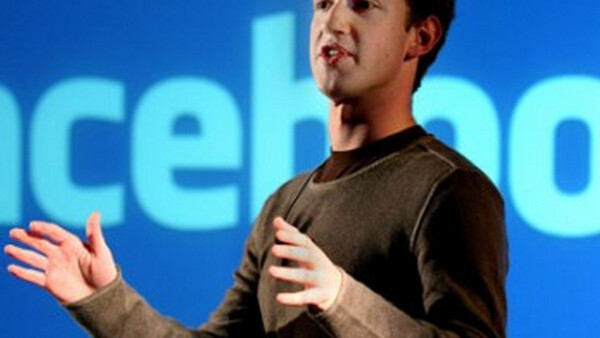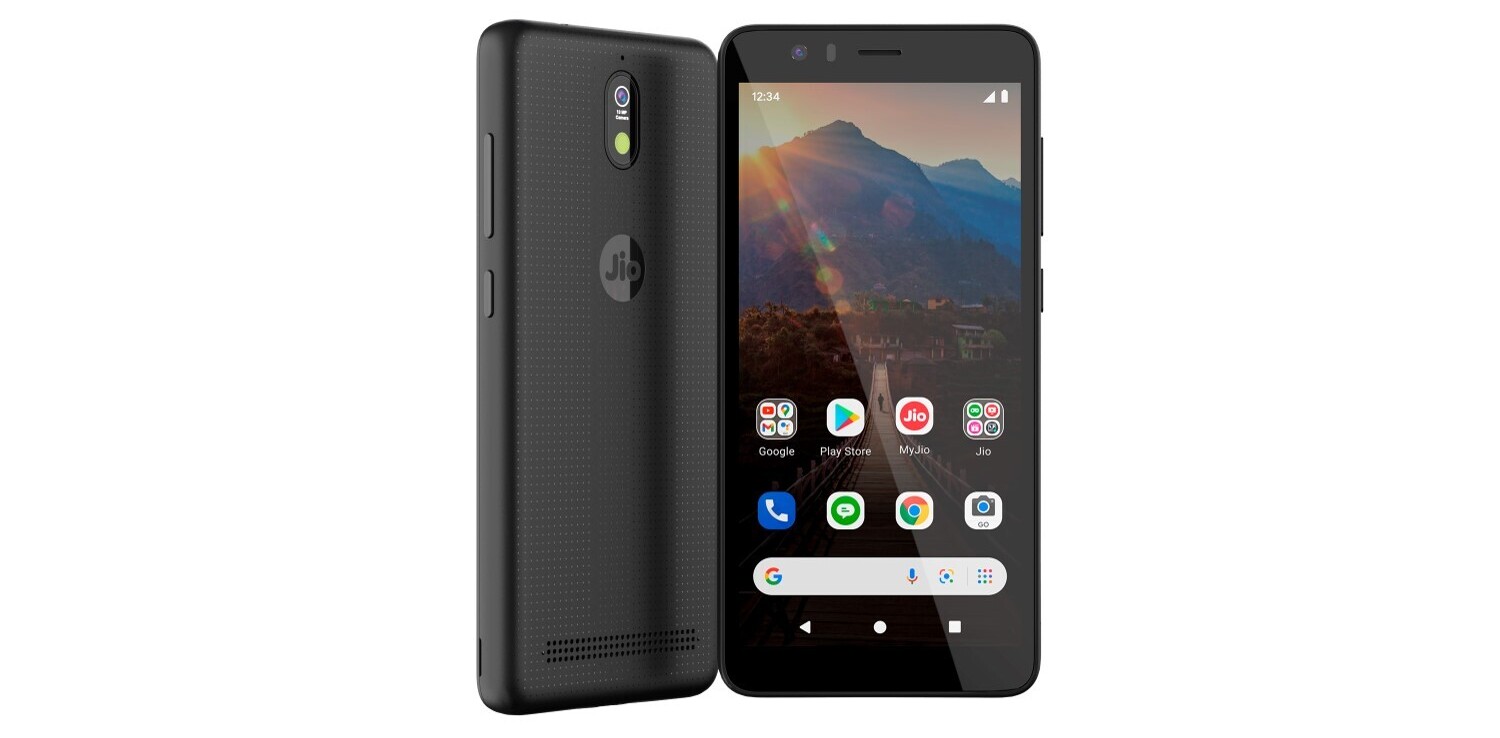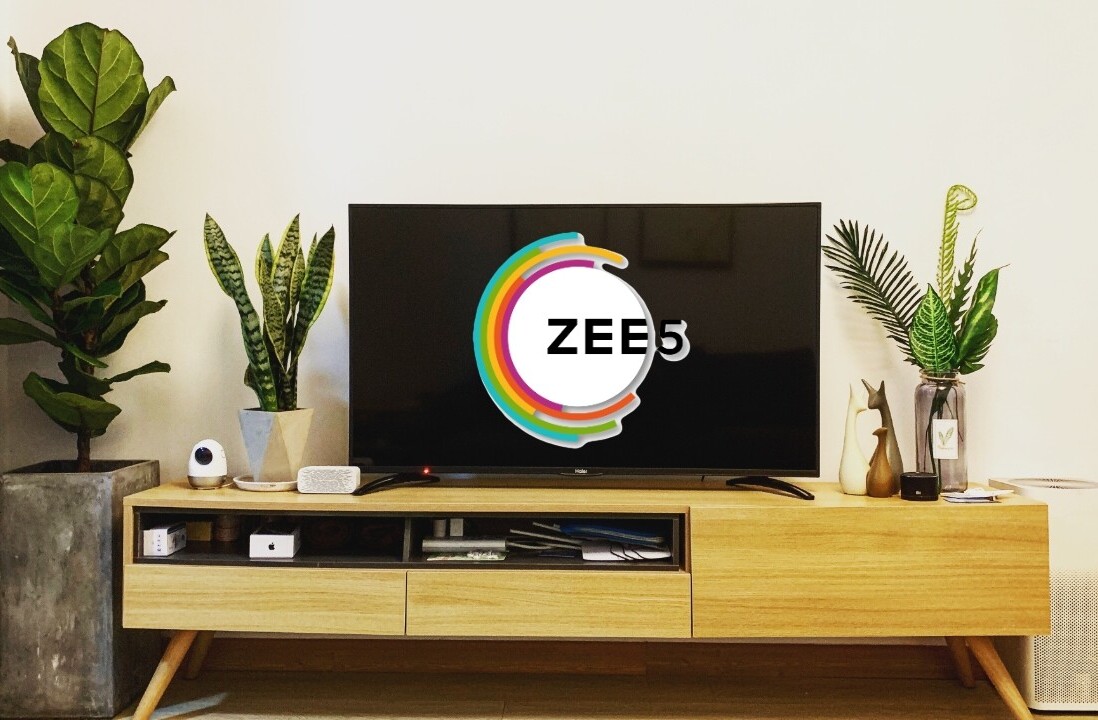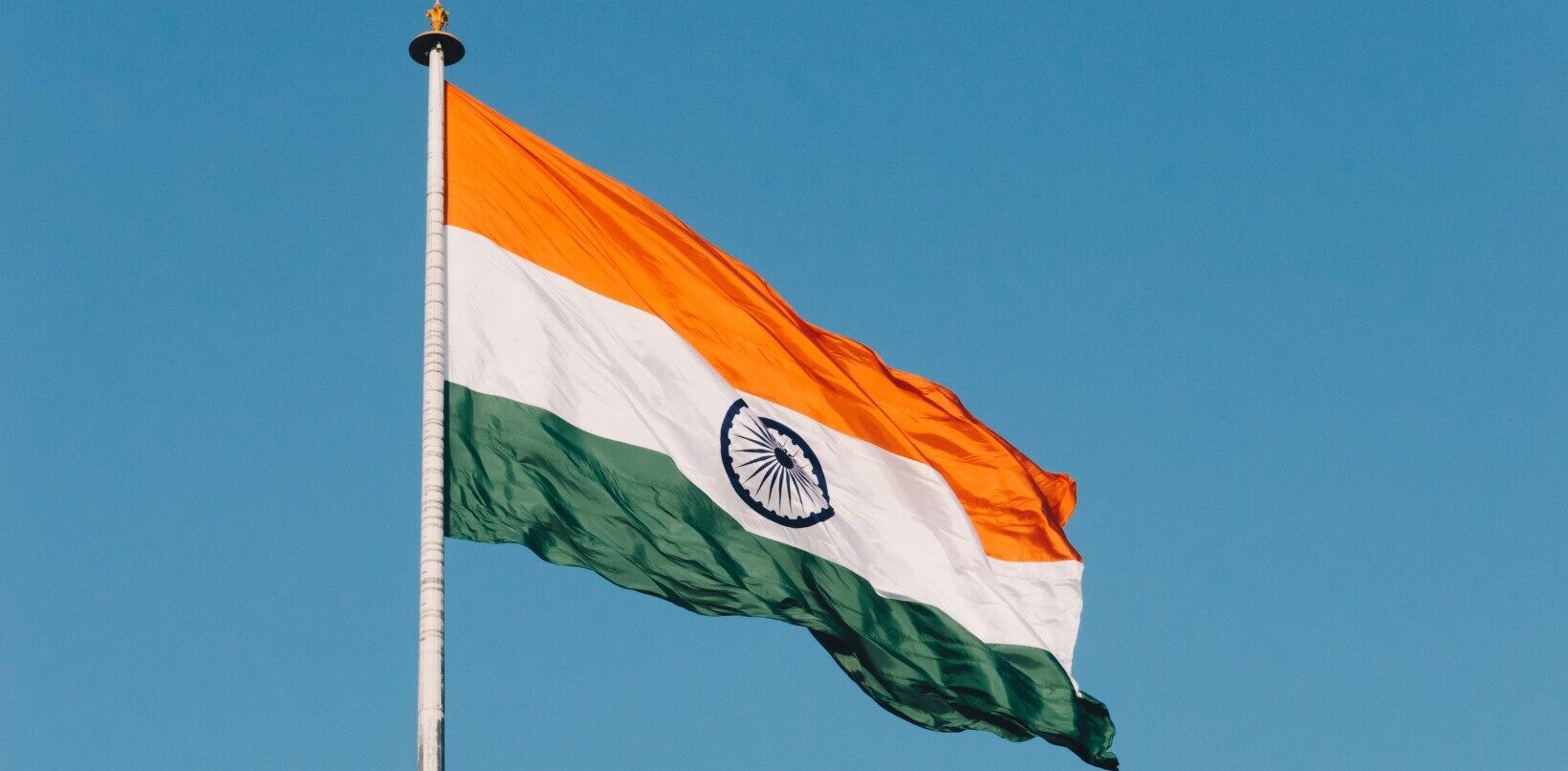
Earlier today, Government of India, GSMA, COAI and TRAI announced their intention to work together to facilitate the penetration of Mobile Broadband services in India. Last year, the Indian Government sold licenses for 3G and Broadband Wireless Access for a whopping 19.7 billion dollars.
While 3G rollout kicked off few months ago, Broadband Wireless Access (BWA) is yet to takeoff. National Broadband Plan has set an ambitious target of 160 million broadband connections by 2014 and Mobile broadband is expected to play a vital role in ensuring last mile access.
Minister for Communications & Information Technology, Mr. Kapil Sibal stated: “India has always been a global leader in information technology, providing the world with much needed leadership and direction in IT and research and development. However, it is time to bring the Internet revolution to our rural communities and I believe Mobile Broadband will play a significant role in achieving this. The Indian government understands the need for wireless broadband connectivity and is working towards making adequate spectrum available to support these services.”
Everyone is keeping their eyes peeled for the launch of Reliance Infotel, which has a pan India license for BWA. Reliance Industries was solely responsible for disrupting the mobile industry in the last decade by making mobile phones affordable to the middle class.
Steep pricing is preventing a chunk of users from adopting 3G, but a huge section of potential adopters are actually put off by ridiculous bandwidth caps associated with the plans. For example, Vodafone India charges Rs. 875 (about $20) a month for a plan with a bandwidth cap of just 3 GB. To put it in perspective, an unlimited 512 Kbps broadband plan costs about the same.
So, with no real value attached to it at the moment, a lot of Indians are waiting for the dust to settle down, including yours truly.
Get the TNW newsletter
Get the most important tech news in your inbox each week.




